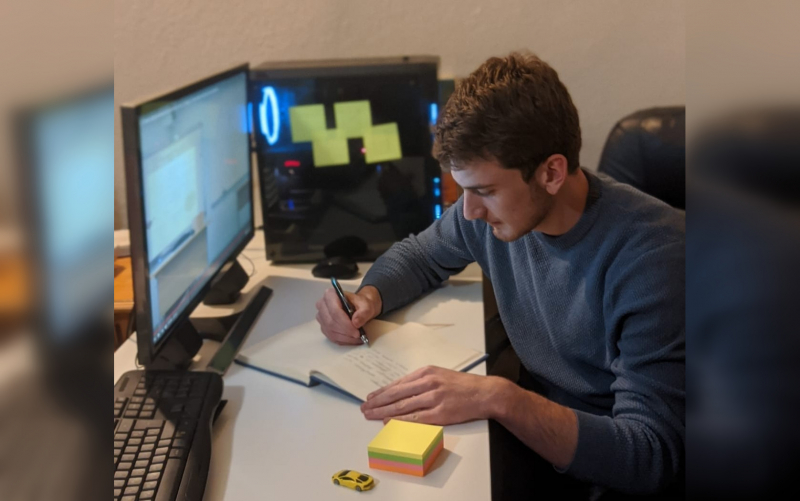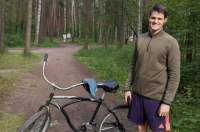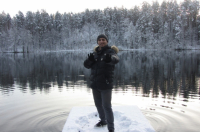How did you end up a student at ITMO? How did you come to Russia?
The main reason for me to come to Russia was to study at ITMO University. It is ranked among the best Russian universities by Times Higher Education, and the opportunity to study at such a great university was really the only reason for my choosing Russia and ITMO.
So I applied for a scholarship: every year, the Russian embassy in Montenegro grants 30 scholarships to Montenegrin students. There are several elimination rounds and if you pass those, you are granted a scholarship to the university which you applied to.
What did you do before coming to Russia?
When I applied for a scholarship, I was still finishing high school. After that, I spent my summer holidays with my friends and family and even worked for a while at a five-star hotel, which was a really nice experience.
How was your first contact with the University?
It was in August 2019 (Stefan took part in the Foundation Program before starting his Bachelor's studies – Ed.). I contacted them the moment I found out that I had been accepted, but at the time I still didn’t have any information about when to start. So I wrote an email to the university and received the answer the next day. After arriving in St. Petersburg, I went to the International Students Learning and Support Center and I must say that the staff was very welcoming. The people who work in this department are amazing, especially Ekaterina Gurzheeva. I really couldn't ask for more.
Did you know Russian before you came here? Do you have any tips on how to improve your Russian?
I had been learning Russian in high school back in Montenegro, so I was able to communicate. The best ways to learn Russian is to read Russian literature and watch TV shows and movies in Russian.
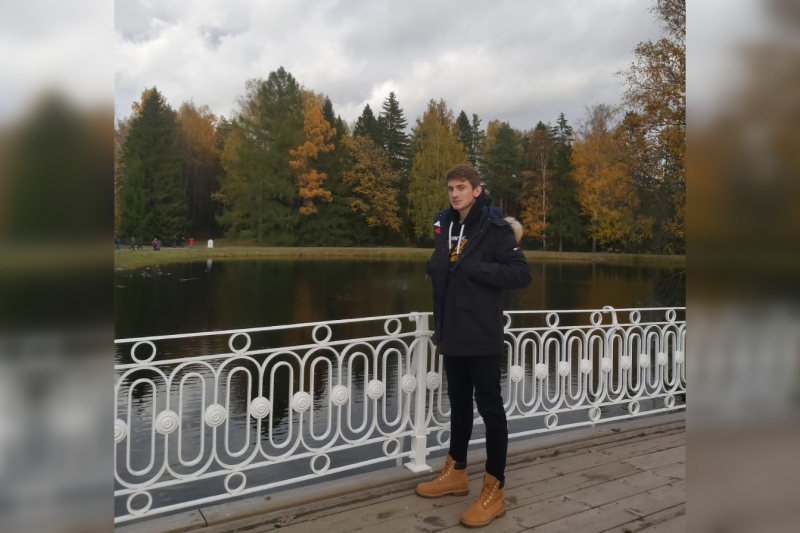
How was the process of coming here as an international student and what were your first impressions?
The first things I noticed when I arrived in Russia were the spacious streets, the outstanding architectural style of St. Petersburg, and the climate – much colder compared to what I am used to, but I was prepared for it. At the time of my arrival, I had a decent knowledge of the Russian language, so I was able to communicate with people, and the Russians seemed very polite to me. When I settled in the student dormitory, it was a bit difficult for me, since I was not really satisfied with the quality of the shared dormitory rooms. The first days in Russia were the hardest for me: I missed my family and everything was new for me, but in a week I got used to Russia and I really had a great time.
How is life as an international student?
International students often have a hard time adjusting to the Russian winter and it can be a problem for some if they aren't prepared for really low temperatures. Due to all this situation with the coronavirus and the closing of borders, my life is not as interesting as it used to be. You are basically waking up early and following the classes on your laptop. Sometimes, I find it difficult to wake up at 5:50 am due to the time difference.
Where are you now? And why are you there?
Right now I am in Montenegro. When all this happened with the coronavirus, I caught a plane to Montenegro and continued my studies online. I thought that this situation would settle down in a couple of months, but it didn’t and here I am still in Montenegro, studying online with borders closed.
What do the people of your country think about Russia?
In general, Montenegrins love Russia and its people and culture due to historical events in which the two countries helped each other. To be honest, Russia is exactly what I imagined it to be and I really like this country.
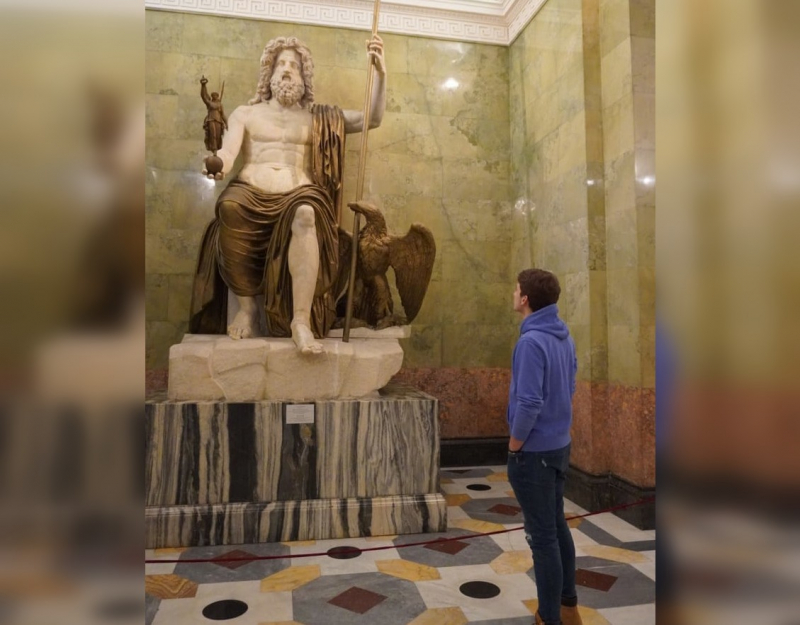
What’s it like studying online?
Studying online when all students are also studying online is much simpler because you can hear and see teachers better and you don't need to go all the way to university, you can just sit at home and study. But the real problem is when some of the students are at the university and the rest are online. Sometimes you can hardly see or hear the professor or even understand what they are saying due to the other sounds of the amphitheater. But in general, you just need to study as much as you can and you won't have any problems.
What are your hobbies?
My favorite hobby is reading about cool technologies and things that can really change the way the world used to be. I also really like history books, especially those related to my people and my country. And if I really have a lot of free time, I like to go to the gym and exercise.
What are your plans for the future?
I hope to learn a lot about new technologies as well as old ones, and I hope to acquire the necessary knowledge to further my career in this field. My plans are to do the best I can in all the subjects in my course and, of course, try to achieve a good score at the end of my Bachelor's studies so that I can get my Master's at ITMO or elsewhere.
Any advice for other international students who want to come to Russia and learn the language, get a Bachelor’s degree, change their life as you did? Would you recommend it?
The biggest advice I can give to other international students who want to continue their studies in Russia is to choose carefully the university where they want to continue their studies, and, after making that decision, to come study here because it is definitely worth it.
Interview by Juan Sebastian Velasquez Acevedo
